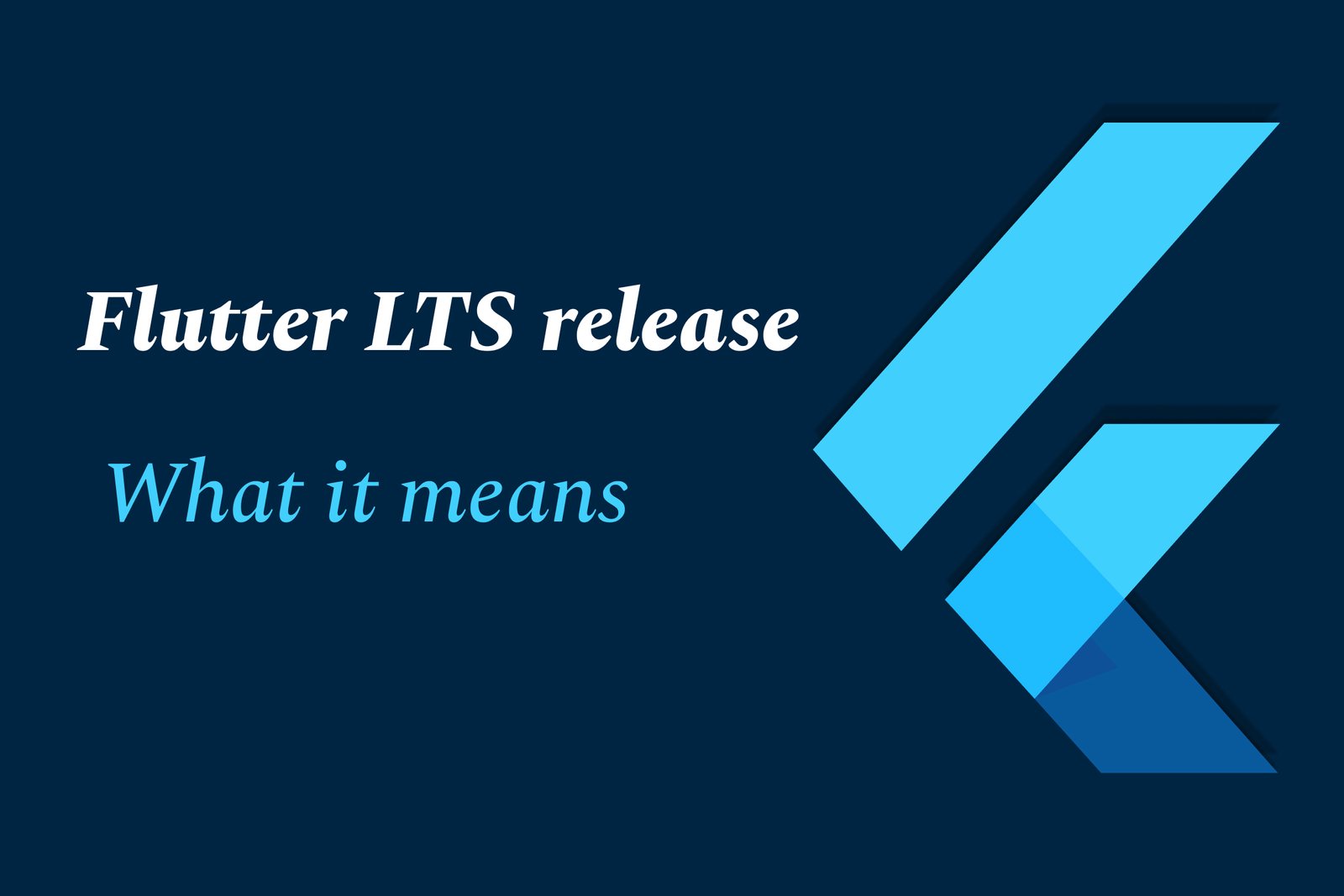Flutter LTS Release: What it Means
The Flutter LTS (Long-Term Support) release provides a stable, secure version with extended support, focusing on bug fixes and maintenance rather than new features. It ensures reliability for apps needing consistent performance and easier long-term maintenance.
Flutter LTS Release: What It Means
1 ) Introduction to Flutter LTS
Flutter’s Long Term Support (LTS) release is designed to provide a stable and reliable foundation for developers.
It targets projects that require consistent support over an extended period without frequent breaking changes.
2 ) Purpose of LTS Release
The LTS version guarantees bug fixes, security updates, and critical improvements over a longer time horizon.
It minimizes disruptions in app development by avoiding sudden feature changes or unstable updates.
3 ) Support and Maintenance
LTS releases receive support beyond the standard Flutter release cycle.
Developers can expect maintenance releases focused on stability and performance rather than new features.
4 ) Benefits for Large Scale and Enterprise Apps
Ideal for large applications tied to annual or long development cycles.
Offers peace of mind with assured backward compatibility and reduced upgrade pressure.
5 ) Upgrade Considerations
Teams can confidently build and maintain production applications, knowing the LTS version will be supported.
While new features appear in standard releases, adopting the LTS ensures a safer upgrade path and easier maintenance.
6 ) Summary
Flutter’s LTS release is a significant step to accommodate developers who prioritize stability and support.
It balances innovation with reliability, making Flutter an even more robust choice for diverse development needs.
https://justacademy.in/news-detail/why-flutter-developers-are-in-high-demand-in-india
https://justacademy.in/news-detail/new-features-in-flutter-4.0-stable
https://justacademy.in/news-detail/flutterflow-and-low-code-revolution-in-2025
https://justacademy.in/news-detail/major-companies-adopting-flutter-in-2025
https://justacademy.in/news-detail/what’s-deprecated-in-flutter-2025
Related Posts
In 2025, top Angular libraries offer modern, feature-rich components and tools for building dynamic web apps. From powerful data grids to low-code platforms like UI Bakery, these libraries enhance development speed, UI design, and scalability, making them essential for Angular developers.
Migrating from AngularJS to Angular 17 involves gradually upgrading your app by running both frameworks together using tools like ngUpgrade, rewriting components in TypeScript, and adopting Angular’s modern architecture to enhance performance, maintainability, and long-term support.
Angular state management tools help organize and handle app data efficiently, improving scalability and maintainability. Popular options include NgRx for robust, RxJS-based patterns, and newer Signal Store solutions that offer simpler, reactive approaches integrated tightly with Angular’s latest features.
RxJS in Angular empowers developers to manage asynchronous data streams with powerful operators like `forkJoin`, `combineLatest`, and `zip`. Mastering these key operators in 2025 is essential for building efficient, reactive applications that handle complex event sequences seamlessly.
Angular performance optimization in 2025 focuses on improving app speed and responsiveness by using techniques like OnPush change detection, lazy loading, efficient data caching, and AOT compilation. These practices reduce load times, enhance user experience, and ensure scalable, fast Angular applications.
In 2025, Angular remains preferred for large-scale, enterprise apps with its robust, all-in-one framework, while Vue attracts developers seeking simplicity and fast development for smaller projects. Both frameworks excel, with choice driven by project needs and team expertise.
Angular Signals are a new reactive primitive in Angular 16 that enable fine-grained, efficient change detection by automatically tracking dependencies and updating only affected parts of the UI. They simplify state management and boost app performance, revolutionizing Angular's reactivity model.
Angular interview questions to prepare in 2025 focus on core concepts like components, directives, data binding, routing, and dependency injection, along with TypeScript mastery and latest Angular features to ensure strong practical knowledge for building scalable, efficient web applications.
AngularJS reached its official end of support in January 2022, meaning no further updates or security patches. To ensure app security and performance, developers should consider migrating to modern Angular versions or seek third-party long-term support options if immediate migration isn’t possible.
The Angular Roadmap 2025 highlights upcoming features focused on improving developer experience and performance, including zoneless Angular, Signals integration, enhanced Forms, async data handling, improved HMR, and expanded Angular Material/CDK enhancements, driving modern, efficient web app development.










